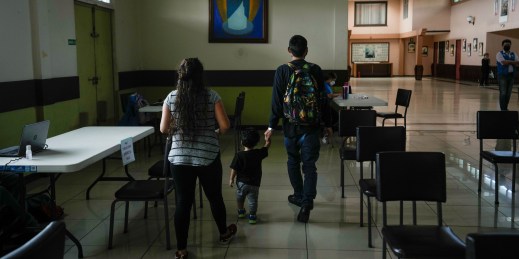
While the exodus of millions of Venezuelans from their homeland to countries across the Western Hemisphere has attracted considerable attention in recent years, another equally significant migratory pattern in Central America has been taking place with less notice: the roughly 200,000 Nicaraguans who have fled to Costa Rica.

